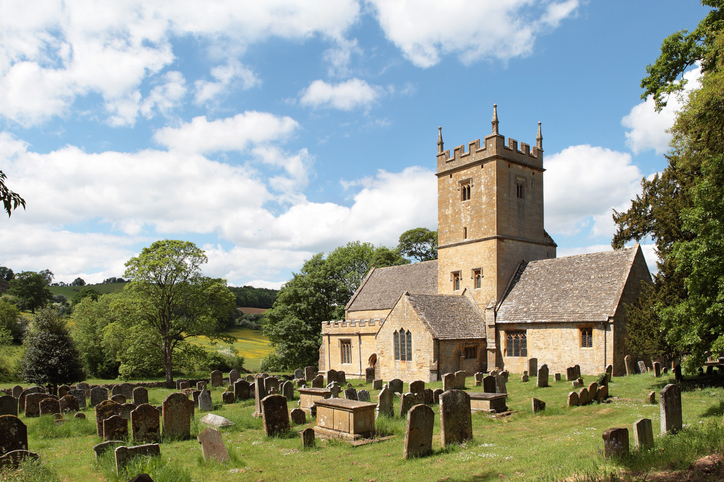Parish churches are in trouble: about fifty churches close every year, according to a report from Civitas. The review, published last month, strongly echoes the case of the Save the Parish campaign: the Church of England’s leadership has failed to support local parishes, diverting funding to more modern-sounding initiatives.
About twenty years ago some bright clerical manager types said that the parish is not good at reaching ‘the networks of contemporary life’, so new looser types of church should be set up. The vague assumption was that these would resemble the amorphous evangelical mega-churches like Holy Trinity Brompton. But no new model has really emerged, and traditionalists are understandably disgruntled. Let’s go back to square one and re-affirm the parish, they say.
I largely agree. It’s taken me a long time to admit it, but I see the parish church as an extremely good thing. It’s hard to express the appeal, because the good stuff (community, authentic and lively worship) is mixed up with a lot of tedium and disappointment. One has to stick with it, show up, allow the slow enchantment to work. And then one’s prejudice against what is little and local (parochial) fades, and one realises, as if falling in love with the seemingly plain girl next door (or boy, sorry), that this is the authentic face of gently joyful human community.
In fact, my position on the parish is a bit more complicated. I also think that we must develop forms of Christian culture that are bigger than the parish. For example, a collection of parishes could join up and perform a Passion Play in the town centre, or organise an arts festival. Youth clubs must sometimes pool resources, so that a teenager has the chance of meeting more than three potential girlfriends or boyfriends. We must exceed the parish in order to save it.
But the fact remains that parish churches can only be saved from closure if people turn up to worship. On one level, there is nothing more to say. But the Civitas report has a few ideas worth pondering. One of these is that village churches should expand their graveyards, so that more plots can be sold.
I have an idea of a different sort. Non-Christian locals should be encouraged to use the space. This already happens in various ways: the church serving as a nursery or occasionally serving as a local cinema or whatever. Churches should step this up by saying that on one evening each week the church is a secular meeting space for the local community. It could be called Notch (not-church). Non-Christian locals would begin to feel that they had a stake in the building. People would lose their vague sense that it is not their space. A few might try going on Sunday morning.
If this secular slot were in place, then a local church could be more bullish about asking local people for funding. ‘I’m afraid I’m not religious’ would no longer be a valid excuse for the local multimilionaire who likes looking at the scenic church spire but has never contributed a penny to its upkeep. Even at Christmas, despite spending about ten grand on his precious family’s bourgeois feasting. Despite which, I hope that he has a merry one – and that you do too.








Comments